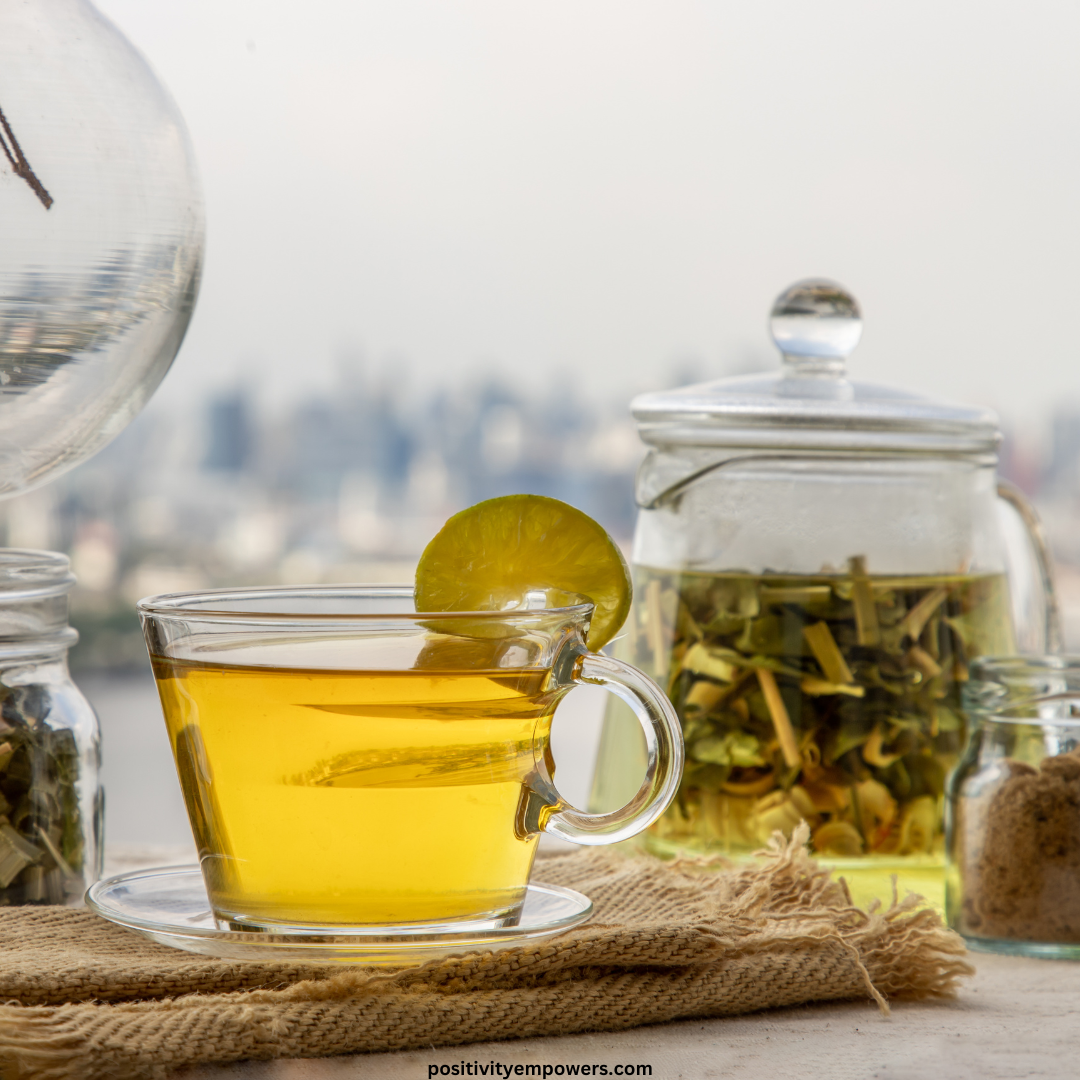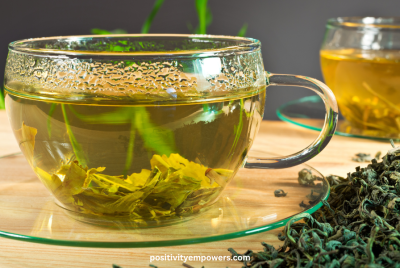Lemongrass Tea – Benefits, Uses, and Brewing the Perfect Cup
What is Lemongrass Tea?
Lemongrass tea is an aromatic herbal drink made from the leaves and stalks of the lemongrass plant, known for its vibrant, lemony scent and refreshing taste. This unique herbal tea, popular in several cultures worldwide, is prized not only for its flavor but also for its numerous potential health benefits. Whether you’re sipping it to unwind, support your digestion, or enjoy its natural zest, lemongrass tea could become a delightful addition to your wellness routine. Plus, it’s easy to make and offers a fantastic variety of flavor profiles!
History and Origins of Lemongrass Tea
Lemongrass tea has roots in various ancient cultures. For centuries, it’s been used in traditional medicine across South Asia, Southeast Asia, and Africa. In these regions, it is a staple remedy believed to help with a variety of ailments, from digestive issues to respiratory concerns. Given its wellness reputation, this citrusy herbal tea has gradually gained popularity worldwide, especially among those seeking natural, herbal alternatives to caffeine.
What Does Lemongrass Tea Taste Like?
Distinct for its citrus-like aroma, it offers a refreshing yet soothing flavor profile. It has a light, lemony flavor with a hint of earthiness. Unlike other herbal teas, it has a subtle yet refreshing clean finish, making it an appealing choice for tea lovers who enjoy a milder, uplifting brew. Its light body and ability to blend seamlessly with other herbs further add to its appeal.
Does Lemongrass Tea Have Caffeine?
No, it is naturally caffeine-free. Made from the leaves and stalks of the lemongrass plant rather than traditional tea leaves, it doesn’t contain any caffeine, and can be enjoyed by people of all ages.
Nutritional Profile
Lemongrass is packed with essential nutrients, including vitamin A, vitamin C, folate, magnesium, zinc, and potassium. These nutrients contribute to its reputation as a wellness tea, bringing potential benefits to various bodily functions, from immunity to skin health.
Health Benefits
One of the biggest draws of lemongrass tea is its potential health benefits. Research on lemongrass suggests that its antioxidant, antimicrobial, and anti-inflammatory properties might provide various health advantages. It also contains compounds that act as antioxidants, which can help fight free radicals in the body. Antioxidants are essential for reducing oxidative stress, a factor in aging and disease development.
Aids in Digestion
Lemongrass tea is popular in herbal medicine for its digestive benefits. Many people find that it soothes the stomach, relieves bloating, and may even help with gastrointestinal discomfort. Sipping a warm cup after meals is a great way to support healthy digestion naturally.
Stress Relief and Relaxation
Feeling stressed? Lemongrass tea is known to promote relaxation and can help ease feelings of tension. The soothing aroma and mild flavor are believed to have calming effects on the mind and body, making it an ideal evening or bedtime beverage.
Anti-inflammatory Effects
This citrusy herbal tea contains anti-inflammatory properties that may aid in reducing inflammation, potentially supporting joint health and easing pain in the body. While more research is needed, its anti-inflammatory nature makes it a promising option for those seeking relief from mild aches and discomfort.
Scientific Evidence Supporting The Benefits of Lemongrass Tea
Though lemongrass has long been used in traditional medicine, science is now catching up. Studies show that lemongrass may have antibacterial and anti-fungal effects, supporting immune health. Additionally, early research suggests it could be effective in lowering blood pressure and even improving cholesterol levels. However, while these findings are promising, it’s always a good idea to consult a healthcare provider, especially if using lemongrass as a medicinal remedy.
How Do You Make Lemongrass Tea?
This citrusy tea can be enjoyed in a variety of ways. Here are some popular methods to add it to your daily routine:

Brew and Serve Hot
Simply steep fresh or dried lemongrass stalks in hot water for 5-10 minutes to make a traditional lemongrass tea. Add honey, lemon, or ginger to enhance its flavor and make it a cozy, warming drink.
Iced Lemongrass Tea Recipes
Looking for a refreshing alternative? Iced lemongrass tea is a fantastic way to stay cool in warmer months. Brew a stronger batch, refrigerate it, and serve over ice with a splash of honey or a few sprigs of mint for a revitalizing twist.
Types of Blends
While pure lemongrass tea is delightful, it also pairs well with other herbs. Here are some popular blends:
With Green Tea
Green tea and lemongrass create a balanced, energizing blend rich in antioxidants and full of flavor. This combo is perfect for a morning boost.
With Ginger and Lemon
Lemongrass, ginger, and lemon make a powerhouse blend with a citrusy kick and soothing qualities, ideal for relieving cold symptoms and boosting immunity.
With Lavender or Chamomile
For relaxation, lemongrass with lavender or chamomile is a calming choice. This blend promotes restful sleep and can help reduce stress levels.
Possible Side Effects and Considerations
Though generally safe, drinking excessive amounts of it may cause side effects such as dizziness or an upset stomach. Pregnant or nursing individuals should consult their healthcare provider before adding lemongrass tea to their routine, as it may not be suitable for everyone.
Final Thoughts
Lemongrass tea is a versatile, aromatic tea that offers not only a refreshing taste but also a range of potential health benefits. From its role in soothing the stomach to its calming effects on the mind, this tea is a delightful addition to any wellness routine. Plus, with its adaptability in both hot and iced forms, there’s no shortage of ways to enjoy it.
FAQs
- Can I drink lemongrass tea every day?
Yes, in moderate amounts, it’s generally safe. Up to 2-3 cups are generally safe, but monitor for any adverse effects. Consult a healthcare provider for advice tailored to your needs. - How should I store fresh lemongrass?
Keep it in the fridge, wrapped in a damp paper towel, for up to two weeks.




